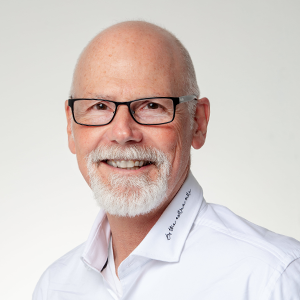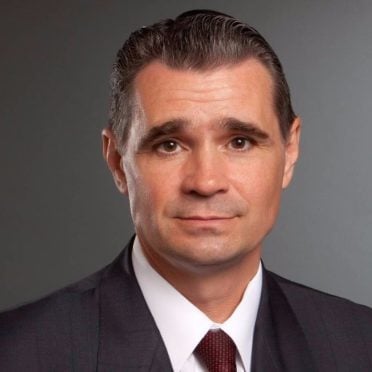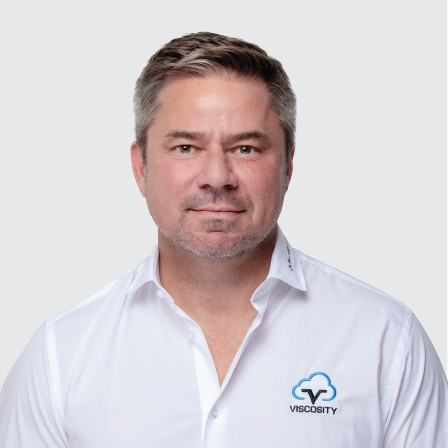- Days
- Hours
- Minutes
- Seconds
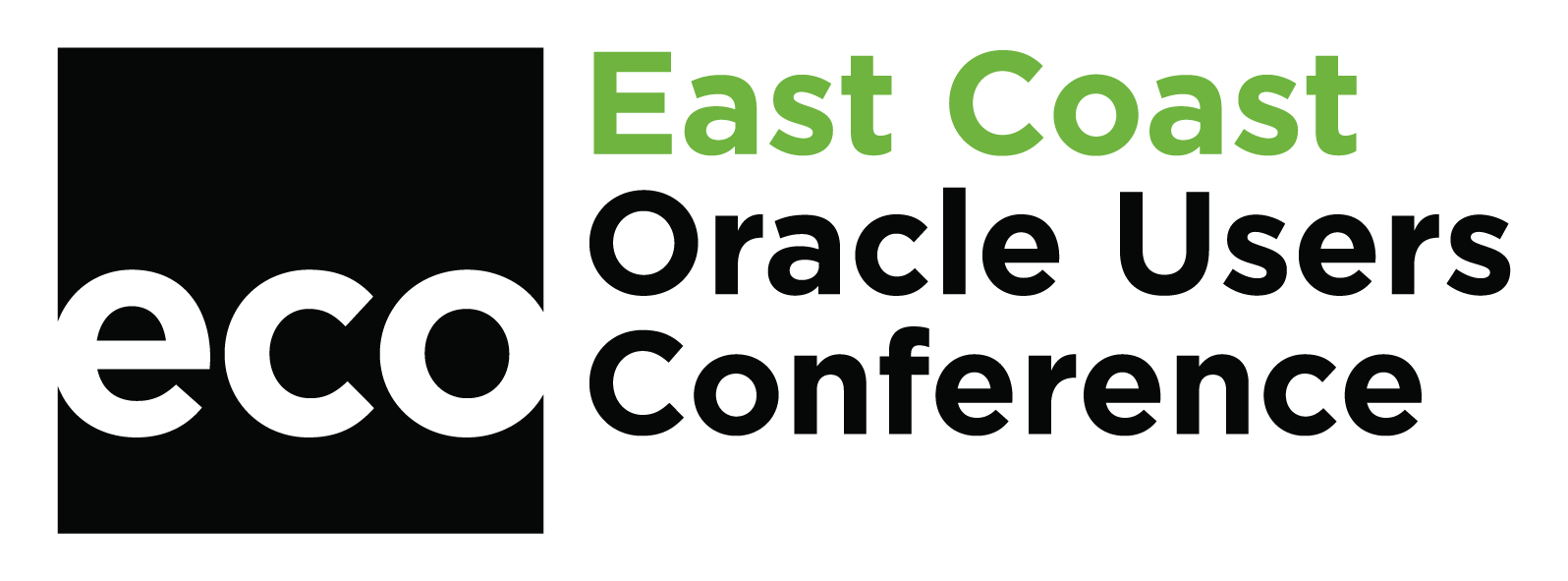

About The Event
The conference targets both technical and functional users, including managers, directors, DBAs, developers, application users, and system analysts. ECO is hosted by the Virginia Oracle Users Group, the Eastern States Oracle Applications & Technology Users Group, the former Hampton Roads Oracle Users Group, and the Southeastern Oracle Users Group.
Salon AB
Hybrid Cloud Network: How Do You Get There?
A hybrid cloud means connecting users, on-premise systems, and other clouds. This session will cover all the items you need to design, migrate, connect, and secure your cloud network. We will start with some networking basics and map them to the cloud terminology in OCI. Securing your network requires multiple levels of configuration around subnet layout, routing, and security lists. Connecting between two systems can seem as hard as connecting across countries, so troubleshooting tools are critical. We’ll finish with a few examples of configurations that can be used.
Salon D
Introducing AutoUpgrade
Upgrades are inherently risky events, made more so when considering the necessary technical skills are perishable. What was vogue a few years ago is outdated, and most DBAs probably haven’t been involved in an upgrade in years, if ever! With older versions falling out of support, an upgrade is probably in your future. But fear not! AutoUpgrade mitigates those risks with unparalleled reliability, control, and visibility over the upgrade process. Once performed manually, variable, version-specific, and error-prone operations, DBAs are wrapped into AutoUpgrade’s unified interface. AutoUpgrade includes checks and intelligence to identify and fix problems before they occur, automatically protect the database during the upgrade, and ensure every step completes successfully!
This session draws on experience gained through dozens of real-world upgrades to help you navigate your next upgrade. Join us for insights into planning and preparing for an upgrade. We’ll demonstrate important features and capabilities, offer recommendations for configuring and running AutoUpgrade, and cover how to use AutoUpgrade to improve organizational trust.
Grand Ballroom 1
Laugh Your Way to Understanding Oracle, Queuing Theory & Performance
It is true. You can laugh your way to understanding queuing theory, performance analysis, and why systems behave the way they do. From driving in traffic to being served at a restaurant, every person feels the impact of queuing theory. Queuing theory beautifully relates time and work into terms we can feel, like utilization, workload intensity, response time, elapsed time, and systems architecture design.
With only the basics, we can use foundational queuing theory to derive targeted performance solutions and goals, filter and evaluate any performance solution thrown at us and help non-technical people understand why our solutions make perfect sense.
Join us for a shockingly practical and fun session that will impact your Oracle career and beyond.
Salon D
The DBA's Next Great Job
What’s the next role for the DevOps or DBA as the autonomous database and Oracle enhancements free up time? This session will cover the role (managing more databases with autonomous databases) and the integration of AI and Machine Learning. Technology is advancing at an exponential rate.This session will show what this means to your company and your future job.
See major advances being driven, but also those that will be driven by the autonomous future Oracle is driving ahead.
Grand Ballroom 5
10 Things Every DBA Needs to Do That Have Nothing to Do with Databases
Salon C
The DBA’s Future
Grand Ballroom 2
From Oracle Professional to Data Engineer in 8 Learnable Skills
This session is for Oracle Professionals, including analysts, DBA's, and developers looking to leverage their skillsets and retool into the well paying, red hot, and exciting field of Data Engineering.
Data Engineers build systems to convert raw data into usable information. They use techniques they call data platforms, big data pipelines, and data science workflows.
In this session we explore how to translate our hard earned Oracle skillsets into this new paradigm. Beyond just the buzzwords, you'll learn the top 8 skills you'll need and give you a path of study to achieve them. We will explore the data lake-house strategy from an Oracle and Open Source perspective, and how to build skills in each of these areas:
1 Data Lake
2 Data Acquisition
3 Data Enrichment
4 Data Reshaping and Modeling
5 Data Distillation
6 Machine Learning
7 Data Presentation
8 Data Visualization
This session will take you through 8 short steps you can take today to tap into the red-hot field of data engineering. These include how to leverage your Oracle skills to cloud strategies, unstructured data, Apache Spark, Spark SQL, Python, R, and Scala. We explore the most marketable ways to solve data at scale, and how to transition your hard earned Oracle skills into this new area. There will also be an invitation to an 8 part hands-on series of online training sessions to further build data engineering skills.
Salon AB
Bulletproof Your Next Database Upgrade!
Production patching and upgrades expose organizations to significant risks. Lower environments don’t reliably predict post-upgrade behavior if their topologies, infrastructure, and configuration aren’t identical to production targets or when synthetic load profiles don’t accurately mimic their real-world counterparts. What if there was a way to test your next upgrade in production safely and repeatedly using actual production loads? To compare the before and after performance of identical systems, side-by-side, in AWR reports? To practice and perfect the upgrade process, catching and fixing performance issues before go-live? These capabilities are available and easier to achieve than you might think. Learn how to bulletproof your next upgrade, replacing hope and luck with Data Guard Snapshot Standby and Real Application Testing!
This session will discuss using Data Guard to protect a standby database, prepare it for an upgrade, and leverage Real Application Testing to generate and replay production workloads. We’ll also cover how to capture database activity, preserve performance metrics for comparison, and revert the standby database to its original state.
Grand Ballroom 5
Cloud DBA 3.0: The Next Evolution of the DBA
This session will discuss technical enhancements to autonomous databases, cloud wars between the leading vendors, what you must learn to survive, and understanding which technologies you need to learn to adapt.
Grand Ballroom 1
How to Quickly Set Up Your AWR Analysis to Highlight Your Best Solutions
Life is good until the phone rings, a performance issue. Most DBAs will immediately run an AWR or Statspack report. Usually, that’s a good start. However, most DBAs will either stare at the report and freeze, start paging through looking for something or post the report on a forum. Neither of these solutions is a career-enhancing maneuver.
This session will cover how to take an AWR report or a Statspack Report, extract only the information you need, build a diagnostic framework to expose the biggest tuning opportunities, and then develop solutions that directly address them. This step-by-step process can be used on any Oracle version, architecture, configuration, cloud, or on-premise. It’s fast, it works, and it rocks! Join me as we explore how to quickly find solutions to real performance problems.
Salon C
Case Study: Payment Processing Company Achieves 100% Uptime Migrating & Upgrading Database to Exadata
Many challenges and hurdles had to be overcome since the databases served a global financial client base. Production database migration to the Exadata environment had to be performed with zero downtime architecture with a “live cutover” while continuing to process application data. Exadata clusters consisted of two sets of ten node RAC compute nodes across two data centers.
Technologies leveraged include Datapump, GoldenGate, Real Application Testing, 10 Node RAC Cluster, Global Data Services, and 10 Node RAC Cluster Exadata replicating data to another 10 Node RAC Cluster Exadata.
MEET THE SPEAKERS

Charles Kim
CEO & Co-Founder
Oracle ACE Director
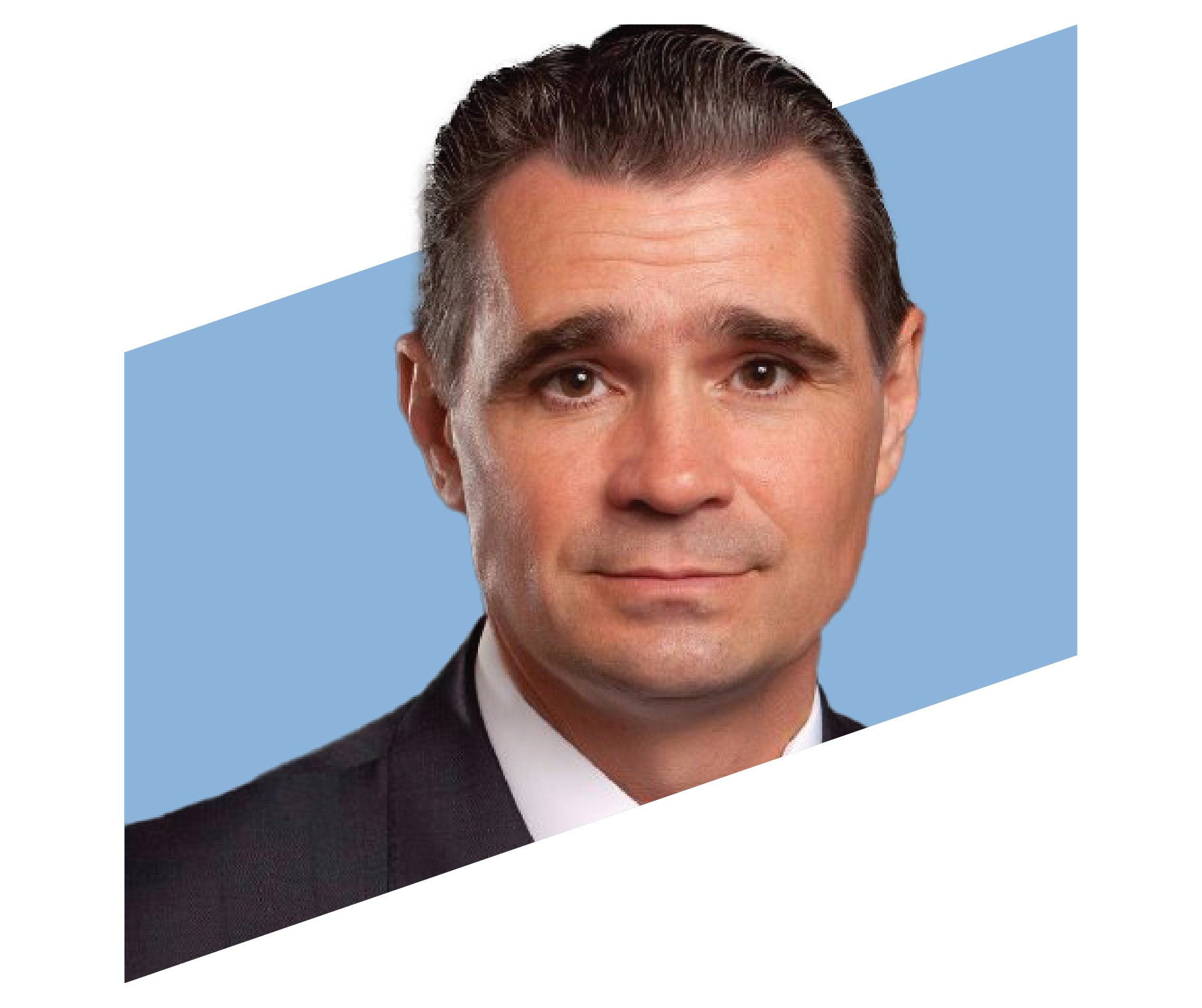
Rich Niemiec
Chief Innovation Officer
Oracle ACE Director
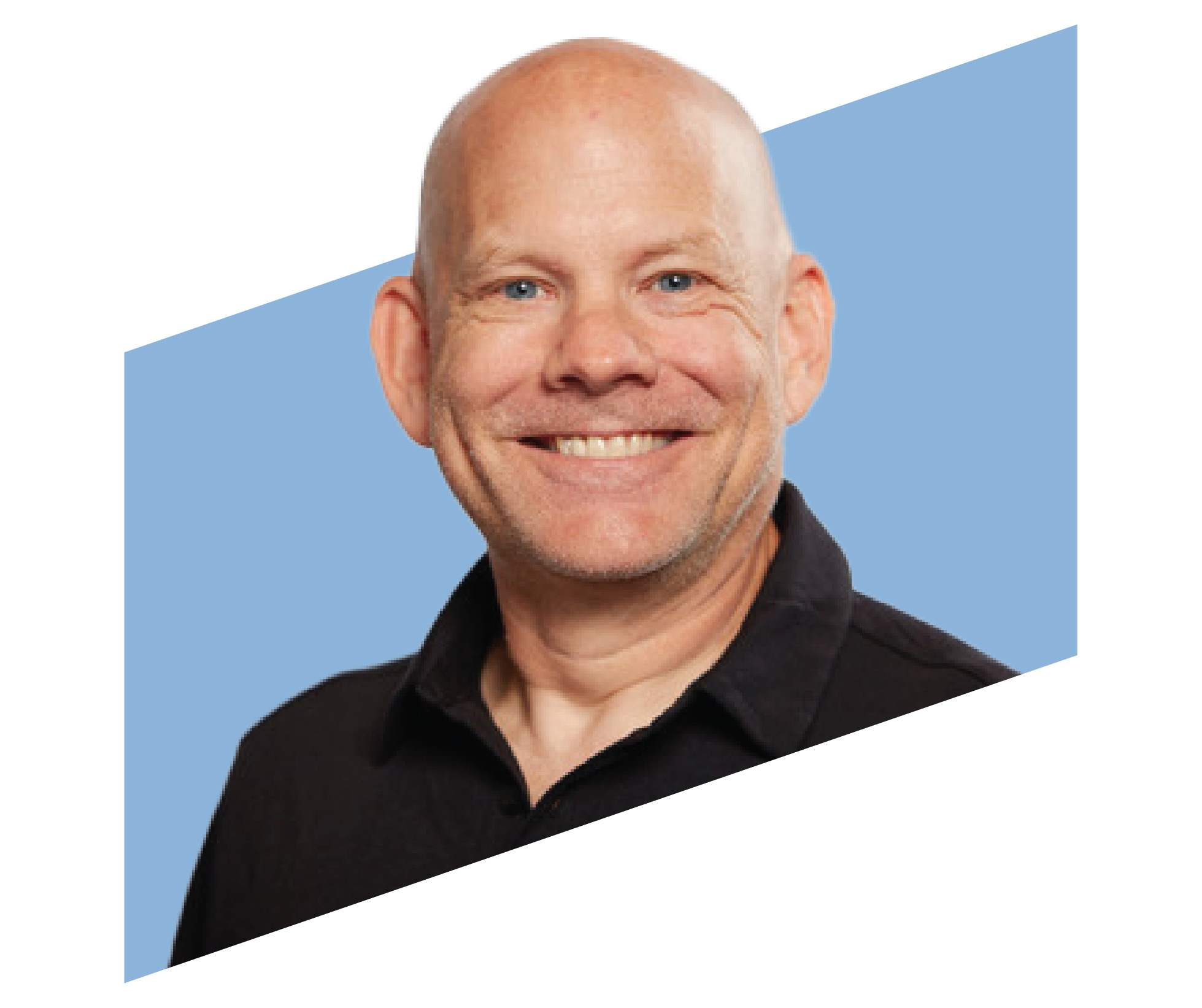
Sean Scott
Managing Principal Consultant
Oracle ACE
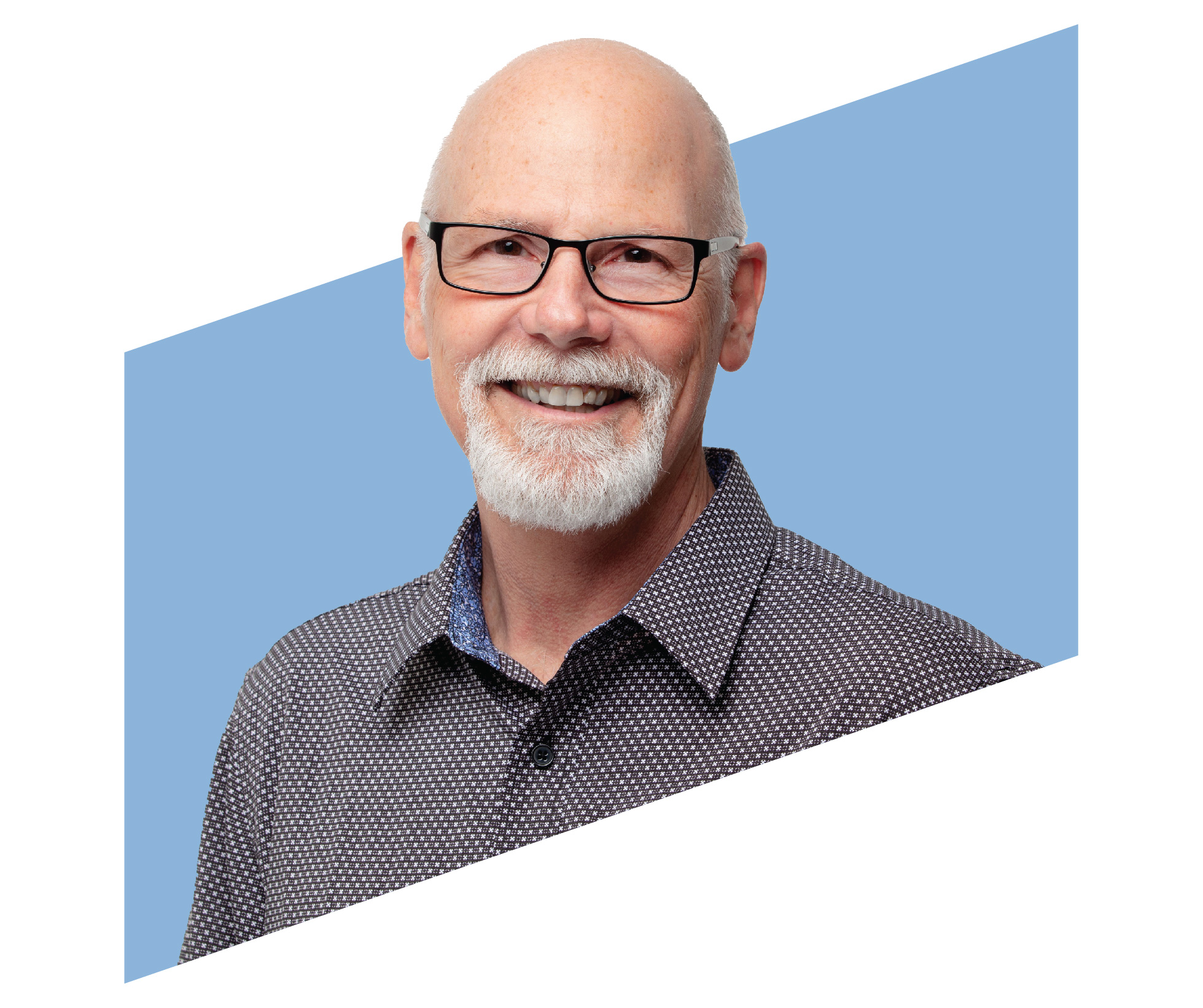
Craig Shallahamer
Applied AI Scientist & OraPub Founder
Oracle ACE Director

Gary Gordhamer
Oracle ACE

Jerry Ward
Viscosity's core expertise includes:
Data Analytics, Oracle Exadata, Oracle Database Appliance, High Availability & Scalability Solutions, Cloud Migrations, Performance Tuning, Data Integrations, AI and Machine Learning, Oracle APEX Development, and technical training.



